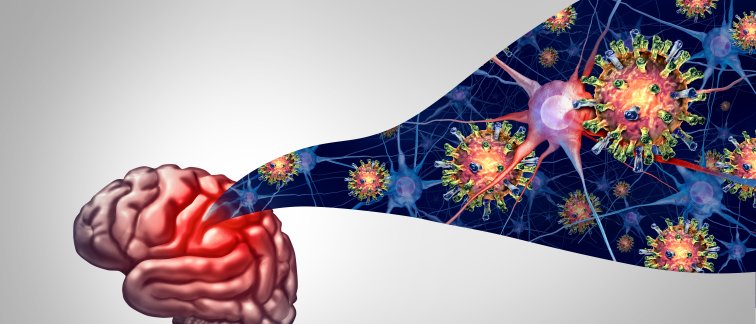In the Netherlands, between 10 and 15 individuals develop meningitis or encephalitis each day. These diseases are often severe and may lead to lasting complications or death. Why one patient becomes critically ill while another fully recovers is still not well understood.
The national study, led by Prof. Diederik van de Beek, analyzed blood and cerebrospinal fluid samples from Dutch patients with meningitis and encephalitis. The researchers found that antibodies against key immune molecules, such as interferons and interleukins, were present in nearly half of the patients with pneumococcal meningitis, yet were almost absent in control subjects. Moreover, the presence of these antibodies was associated with a higher risk of death.

A role for these types of antibodies had previously been demonstrated in severe viral infections, such as COVID-19, but this is the first study to show their involvement in a common bacterial infection of the central nervous system.
The study results open up new possibilities for research into personalized infection risks and targeted immune therapies.
“In the future, testing for these antibodies could help identify people who are particularly vulnerable to serious infections or who may benefit from treatment that affects the immune system,” says Van de Beek.
Read the article in the eBioMedicine: Anti-cytokine autoantibodies linked to susceptibility, bacterial load, and outcome in pneumococcal meningitis: prospective cohort studies in CNS infections, Alzheimer's disease, and Parkinson's disease
Image: Adobe Stock

